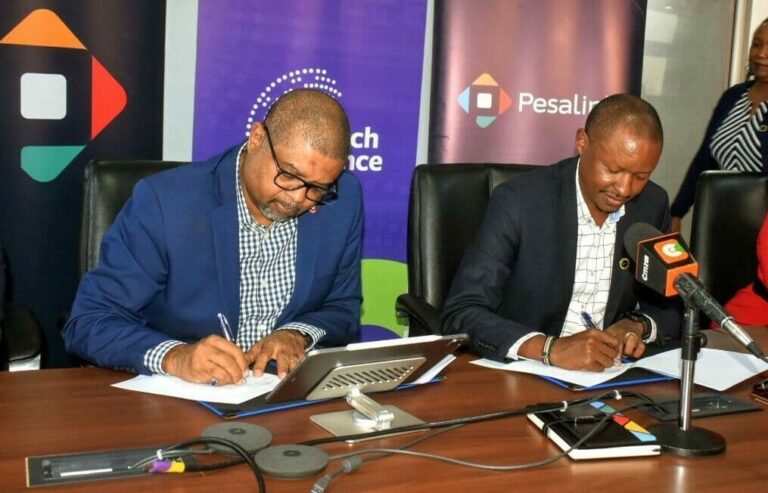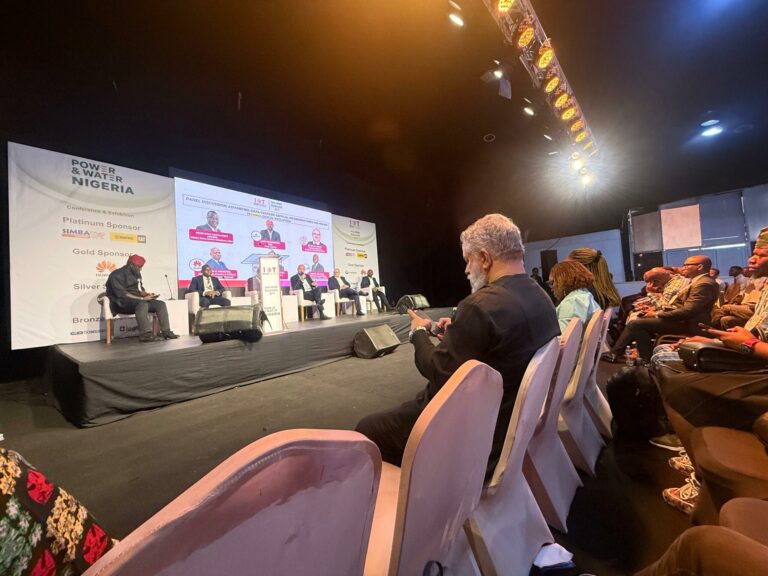Removing Barriers To IoT Adoption In Africa
As digital transformation accelerates across Africa, Mobile Network Operators (MNO) have a massive opportunity to launch, grow and target IoT solutions to specific verticals
As digital transformation accelerates across Africa, Mobile Network Operators (MNO) have a massive opportunity to launch, grow and target IoT solutions to specific verticals. It is no longer a question of “if” IoT will be deployed across Africa, the question is just “when”. Africa’s mobile network infrastructure has rapidly developed over the last two to three years and now MNOs have an opportunity to add a growing number of enterprise services to their offering and monetise their network investments.
According to the GSMA, licensed cellular IoT connections in Sub-Saharan Africa are projected to nearly double from 27 million in 2023 to 51 million by 2030. South Africa is expected to contribute over 50% of this total. This expansion is fuelled by the rollout of 4G and 5G networks and government-led smart city initiatives.
This growth is not going happen overnight. MNOs have to recognise the opportunity and have a path forward that is fast, efficient, and delivers return on investment. So far, most MNOs, even in developed markets, have focused largely on serving consumer subscribers with the imbalance being as much as 70% of revenues coming from consumer services, and only 30% coming from enterprise.
This is the first hurdle for MNOs to overcome. They have to recognise the opportunity in growing enterprise revenues as a driver for recouping new network investments. Diversifying revenue streams should be a primary goal for any operator in Africa or around the world. IoT provides an opportunity to grow enterprise revenue with low-churn high-margin services.
The key for Africa’s MNOs is to get started now. They need to own enterprise relationships and capture the opportunity in IoT before competitors. There are a finite number of consumer subscribers an MNO can win in each market, but in the enterprise segment, they can serve long-term and growing demand with IoT solutions.
The IoT Opportunity in Africa
Analyst firm ResearchandMarkets predicts Africa’s digital transformation market size will grow from $22.67 billion in 2024 to $45.76 billion by 2029, with a CAGR of over 15% during the forecast period. It notes that this will be driven primarily by the deployment of digital technologies across industry verticals. MNOs that are already serving enterprises or have large local industries, can quickly pivot to deliver IoT as an adjacent solution.
Some of the verticals where African MNOs can have an impact are Agriculture, Smart Cities, Healthcare, Mining, and Transport & Logistics.
Africa’s IoT sector is expanding, but existing market challenges can slow down deployment and scale. To navigate this, MNOs need a partner that not only understands the complexities of IoT, but can also bring regional expertise to the table.
Partnering for IoT ROI
To succeed in Africa’s expanding IoT market, MNOs need strong partnerships. A collaborative approach across stakeholders helps build a sustainable IoT ecosystem. By working with partners who understand local markets, operators can accelerate service delivery, reduce risk, and stay compliant with regional regulations.
Expert partners can provide pre-built IoT platforms for streamlined SIM provisioning, accelerated device onboarding, and consistent security protocols. This shortens time to market and creates new revenue opportunities while ensuring regulatory alignment. Technical partners can also provide key services like Roaming Data Steering (RDS). RDS optimises roaming traffic by directing it through networks offering better rates. This lowers data costs and improves profit margins on roaming services.
Africa’s network and regulatory conditions vary across regions. Local knowledge is essential for navigating these differences. A qualified partner provides both the technology and the regional insight needed to execute an effective IoT strategy.
Preparing for the Future
Successful IoT strategies must be built to scale. From agriculture to logistics, many use cases in Africa require support for thousands of devices across wide geographic regions. Without a platform and partner that can manage high-volume deployment, operators risk running into operational and performance bottlenecks. Scalability is a technical requirement, but it also allows MNOs to grow with customer demand and expand into new markets.
Innovation with IoT is a global movement. Africa is already rapidly expanding into this space, driven by advances in AI and next-generation networks. MNOs that invest now in the right tools and partnerships will be better prepared to deliver reliable services, meet rising demand, and achieve long-term growth.
This article was written by, Feraz Ahmed, CEO, Hayo.








